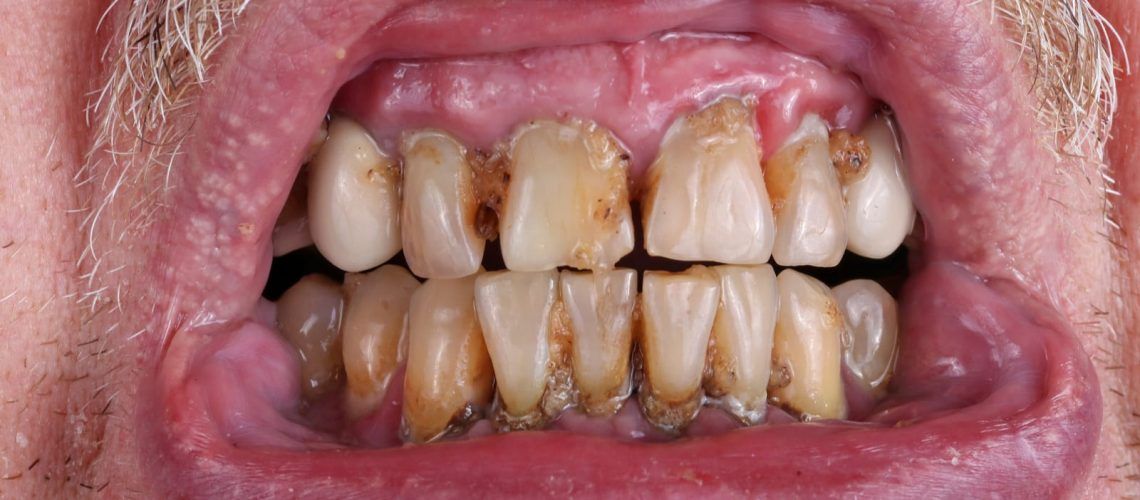A complete understanding of the human body and the health concerns that affect it is still being developed. Every year we learn more about the complexity of our immune systems, how cells develop and divide, and the internal microbiome of our body. Understanding how our whole-body health is interlinked and how we respond to changes in our environments throughout our lives are all part of ongoing studies. Understanding the full extent of our oral health and its connection to our overall health is a central focus of dentists.
The Connection Between Cancer and Periodontal Disease
Most people will experience the condition known as gingivitis at some point in their lives, though most will resolve it before it gets worse. For those in whom the disease advances, periodontal disease will occur. This serious oral health condition can cause tooth decay at the roots, recession of the gums, and disintegration of the jaw bone material. In combination with these risks, there is also strong evidence that links gum disease to the development of oral cancer. Protecting yourself from oral cancer requires reducing your risks by improving your health and avoiding periodontal disease.
When gingivitis first appears, you may experience inflammation of the gums that results in their being tender. Gums affected with this condition are prone to bleeding and can make it uncomfortable to floss and brush. Failing to do so, however, can lead to gingivitis advancing to periodontal disease, as well as allow tooth decay to flourish. In time it will become periodontal disease.
In addition to oral cancer, the Journal Of Cancer Epidemiology, Biomarkers & Prevention has published studies that indicate that older women are more prone to breast cancer as well. Everyone who has periodontal disease has higher risks of esophagus and lung cancer, and melanoma. Reports from the Journal of the National Cancer Institute indicate that a 28% higher risk of presenting with cancer in those suffering from severe periodontal disease compared to those without. In addition to higher risks of cancer, there are other health concerns that can result from the presence of periodontal disease.
- Hormonal Problems
- Heart Disease
- Respiratory Diseases
- Diabetes
Those experiencing periodontal disease are at significantly higher risks of these conditions as well. The cancer/periodontal disease link isn’t fully understood and is still the subject of ongoing study. While those who have previously had periodontal disease are not recommended to get screening more often than those who have not, the evidence remains strong. In addition to taking care to keep a solid oral hygiene routine, it’s important to also limit your alcohol intake, cease smoking, and see your dentist at least twice a year.
Preventing Periodontal Disease Means Consistent Dental Hygiene
Flossing and brushing your teeth regularly, along with consistent use of mouthwash, is an essential part of preventing periodontal disease. Regular oral hygiene permits you to eliminate harmful bacteria that settles in your gums and produces inflammation. If you’ve been consistently practicing good oral hygiene but still suspect you may have developed periodontal disease, contact your dentist for a consultation today.


